- ABOUT IHSSABOUT IHSS
- PEOPLE
- NEWS & EVENTSNEWS & EVENTS
- RESEARCHRESEARCH
- FELLOWSHIPS & GRANTSFELLOWSHIPS & GRANTS
- TEACHING & LEARNINGTEACHING & LEARNING
- PUBLICATIONSPUBLICATIONS
The significant contributions of the Chinese people to the development of world civilisation have been well demonstrated in Joseph Needham’s monumental Science and Civilisation in China series. Over the past two decades, new archaeological discoveries and research have revealed an increasing body of evidence showing that the growth of Chinese civilisation did not happen in isolation, but was the result of complex historical processes involving longstanding and extensive cultural and technological interactions with other civilisations in the world. Taking bronze casting, cast iron and white copper (“Paktong”) as typical examples, this lecture argues from an archaeo-metallurgical perspective that the interaction between China and the outside world has always been a crucial factor in stimulating the growth of Chinese civilisation since its very beginnings. lt is also argued that institutionalized development of technological innovations in ancient China could have been a major driving force behind the growth of Chinese civilisation. The loss of institutionalized technological innovations could have been one of the reasons for the apparent “stagnation” of Chinese civilisation in the pre-modern period since the 16th century AD, which is a key component of Need ham’s well-known puzzle.
Hong Kong Institute for the Humanities and Social Science and East Asian History of Science Foundationihss@hku.hkT6, 1/F, Meng Wah Complex, The University of Hong KongThe significant contributions of the Chinese people to the development of world civilisation have been well demonstrated in Joseph Needham’s monumental Science and Civilisation in China series. Over the past two decades, new archaeological discoveries and research have revealed an increasing body of evidence showing that the growth of Chinese civilisation did not happen in isolation, but was the result of complex historical processes involving longstanding and extensive cultural and technological interactions with other civilisations in the world. Taking bronze casting, cast iron and white copper (“Paktong”) as typical examples, this lecture argues from an archaeo-metallurgical perspective that the interaction between China and the outside world has always been a crucial factor in stimulating the growth of Chinese civilisation since its very beginnings. lt is also argued that institutionalized development of technological innovations in ancient China could have been a major driving force behind the growth of Chinese civilisation. The loss of institutionalized technological innovations could have been one of the reasons for the apparent “stagnation” of Chinese civilisation in the pre-modern period since the 16th century AD, which is a key component of Need ham’s well-known puzzle.
Hong Kong Institute for the Humanities and Social Science and East Asian History of Science Foundationihss@hku.hkT6, 1/F, Meng Wah Complex, The University of Hong KongTitle:
The Growth of Chinese Civilisation: An Archaeo-metallurgical Perspective
Speaker:
Professor Mei Jianjun (Director-Designate, Needham Research Institute; Professor and Director, Institute of Historical Metallurgy and Materials, University of Science and Technology Beijing)
Date:
May 8, 2013
Time:
4:00 pm – 5:30 pm
Venue:
T6, 1/F, Meng Wah Complex, The University of Hong Kong
Language:
English
Enquiry:
(Tel) (852) 3917-5901
(Email) ihss@hku.hk
The significant contributions of the Chinese people to the development of world civilisation have been well demonstrated in Joseph Needham’s monumental Science and Civilisation in China series. Over the past two decades, new archaeological discoveries and research have revealed an increasing body of evidence showing that the growth of Chinese civilisation did not happen in isolation, but was the result of complex historical processes involving longstanding and extensive cultural and technological interactions with other civilisations in the world. Taking bronze casting, cast iron and white copper (“Paktong”) as typical examples, this lecture argues from an archaeo-metallurgical perspective that the interaction between China and the outside world has always been a crucial factor in stimulating the growth of Chinese civilisation since its very beginnings. lt is also argued that institutionalized development of technological innovations in ancient China could have been a major driving force behind the growth of Chinese civilisation. The loss of institutionalized technological innovations could have been one of the reasons for the apparent “stagnation” of Chinese civilisation in the pre-modern period since the 16th century AD, which is a key component of Needham’s well-known puzzle.
Professor Mei Jianjun graduated from Beijing Iron and Steel University in 1984 with a B. Eng in Metallurgical Chemistry, and began work with the Archeometallurgy group led by Professor Ko Tsun, then the world’s leading expert on the history of Chinese metallurgy. In 1994 the Needham Research Institute awarded him a year’s visiting fellowship, and it was during this visit that he decided to do a PhD in Cambridge. He was awarded his PhD in archaeology in 2000, and after postdoctoral work in Tokyo and Cambridge he returned to China in 2004 as Professor at the Institute of Historical Metallurgy and Materials, University of Science and Technology, Beijing, where he is currently Director. In recent years Professor Mei has been a leading member of the team formed to write the volume on non-ferrous metallurgy for the Science and Civilisation in China series, founded by the great British sinologist and historian of science Joseph Need ham (1900 – 1995). He is active in a number of international research groups, and is currently President of the International Society for the History of East Asian Science Technology and Medicine. Professor Mei is the Director-Designate of the Needham Research Institute from October 1, 2013.
Hong Kong Institute for the Humanities and Social Science
East Asian History of Science Foundation
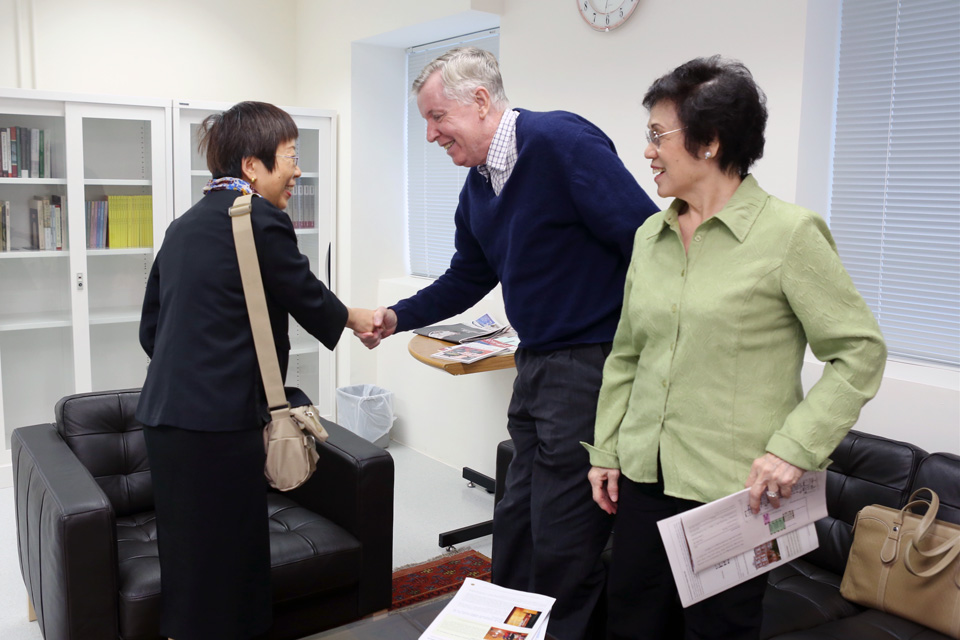
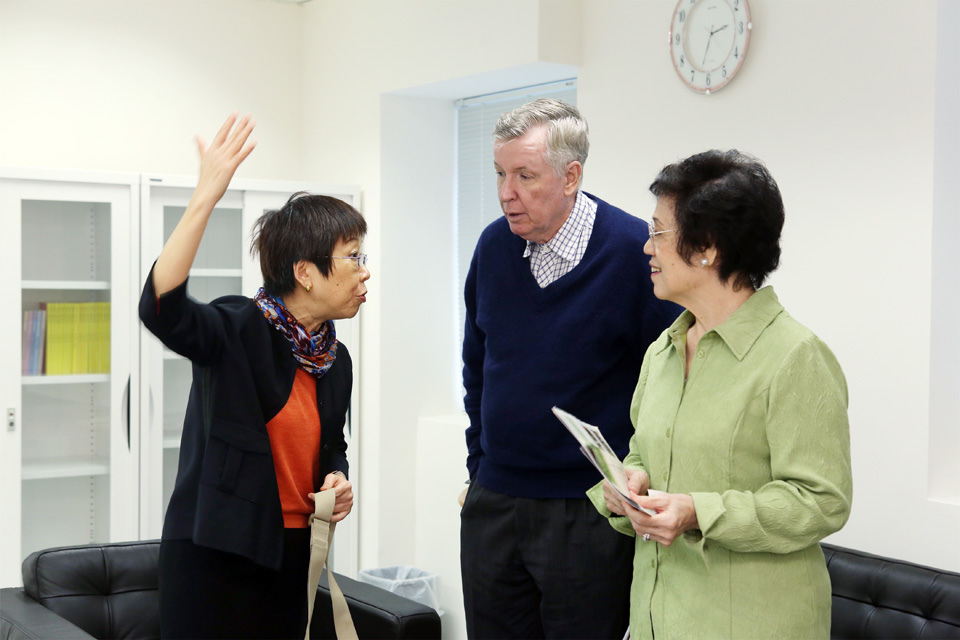
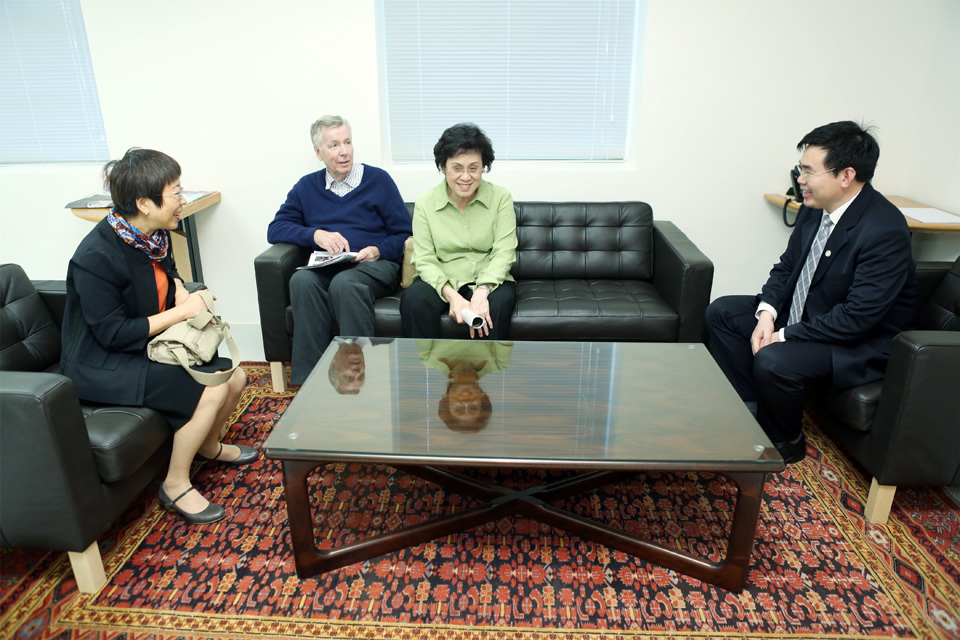
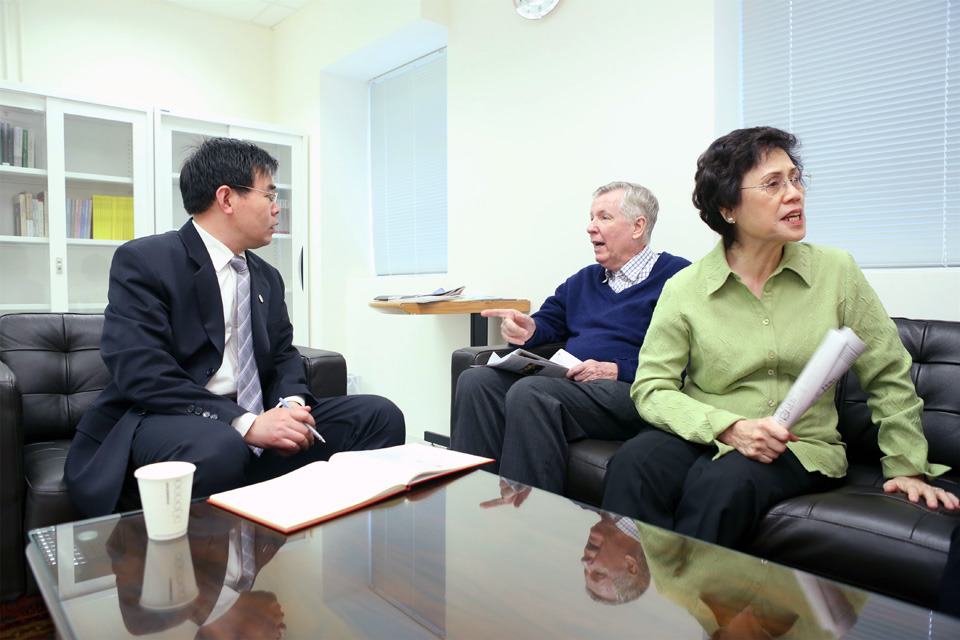
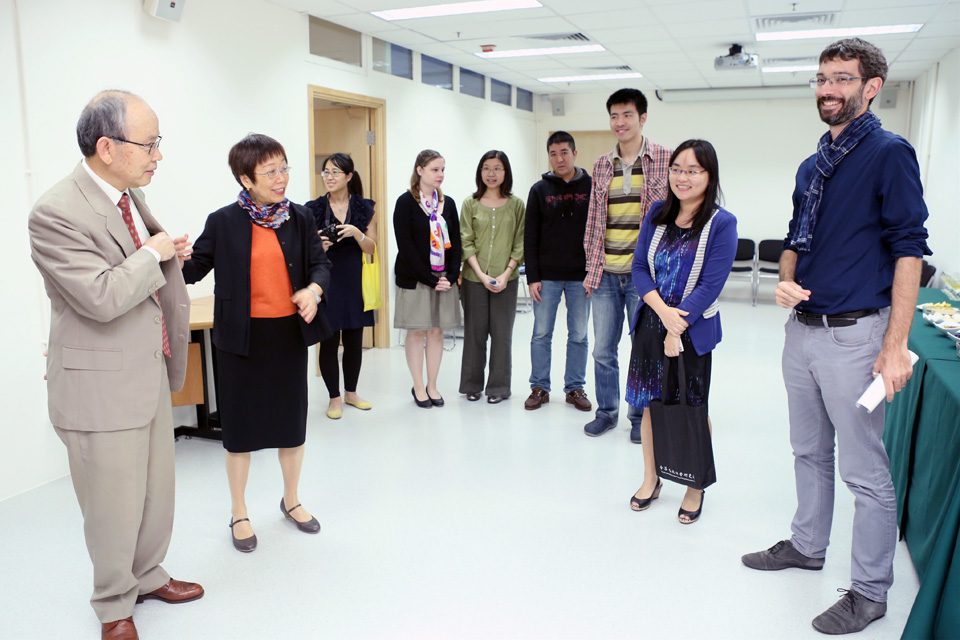
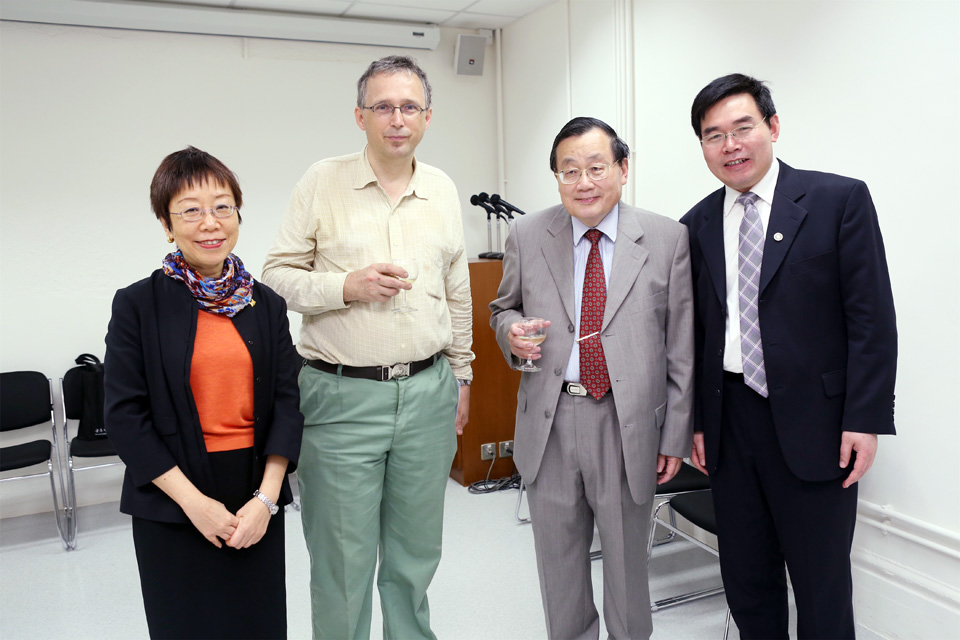
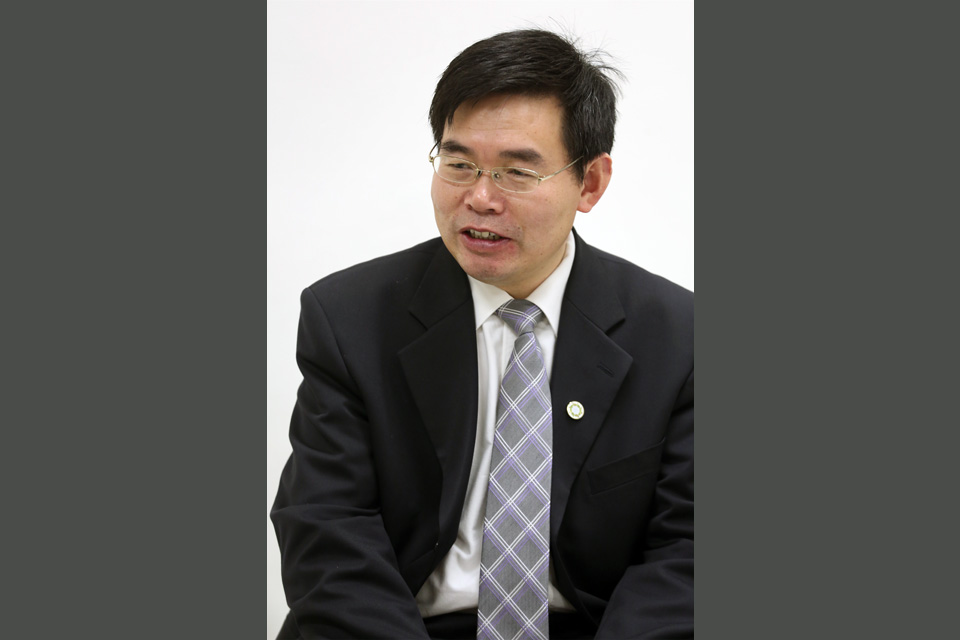
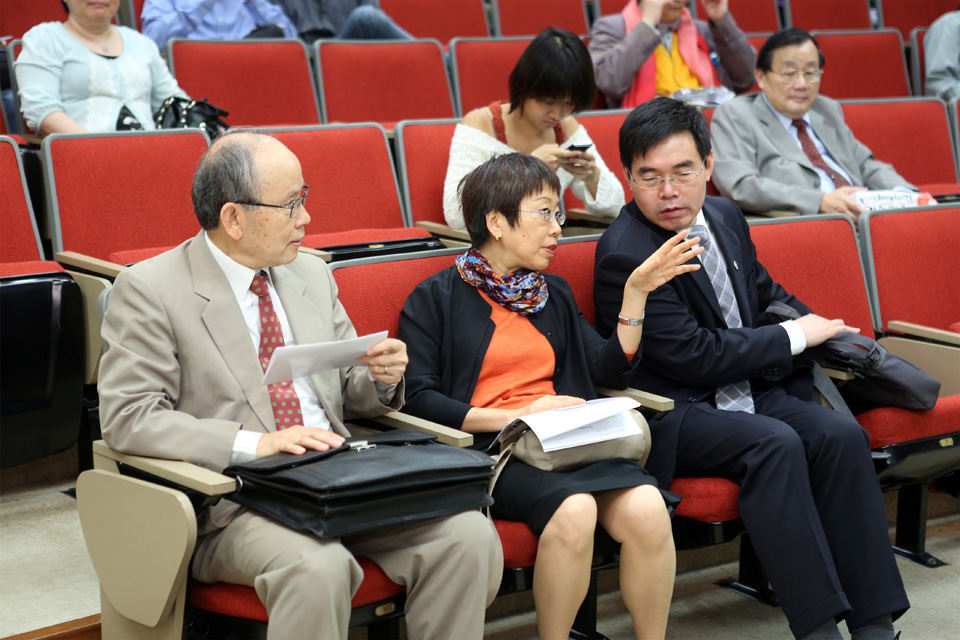
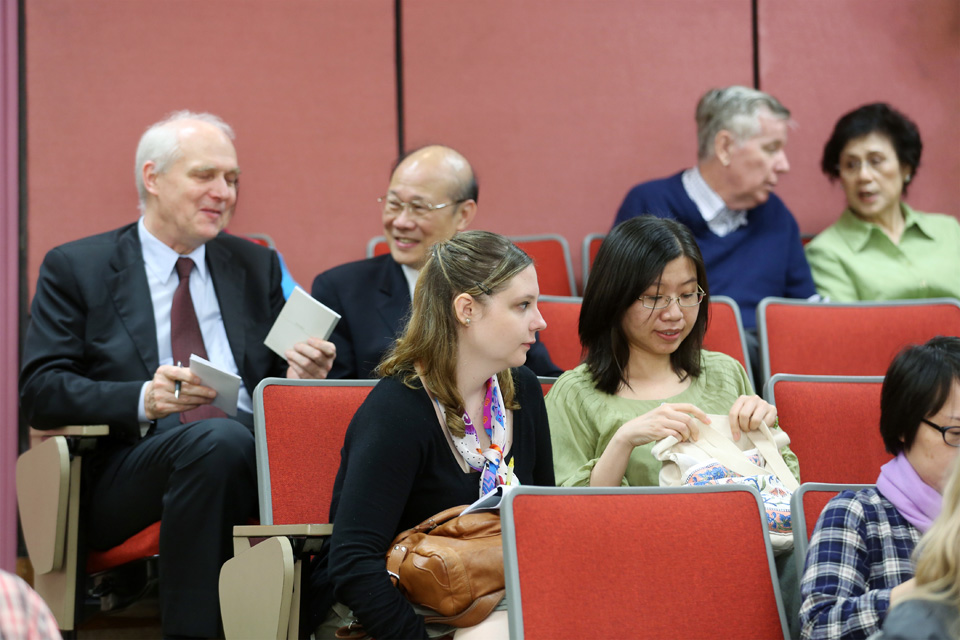
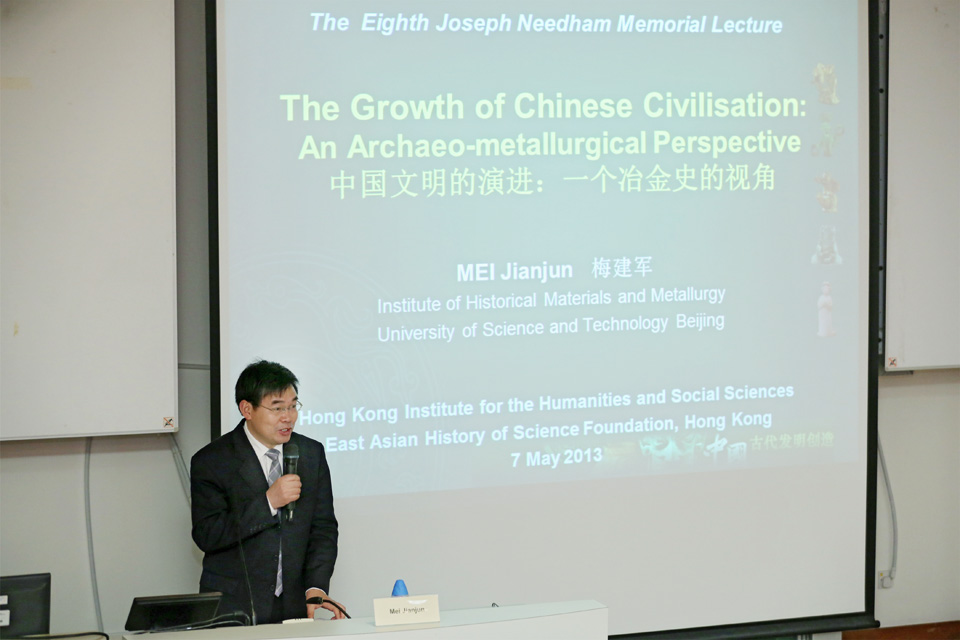
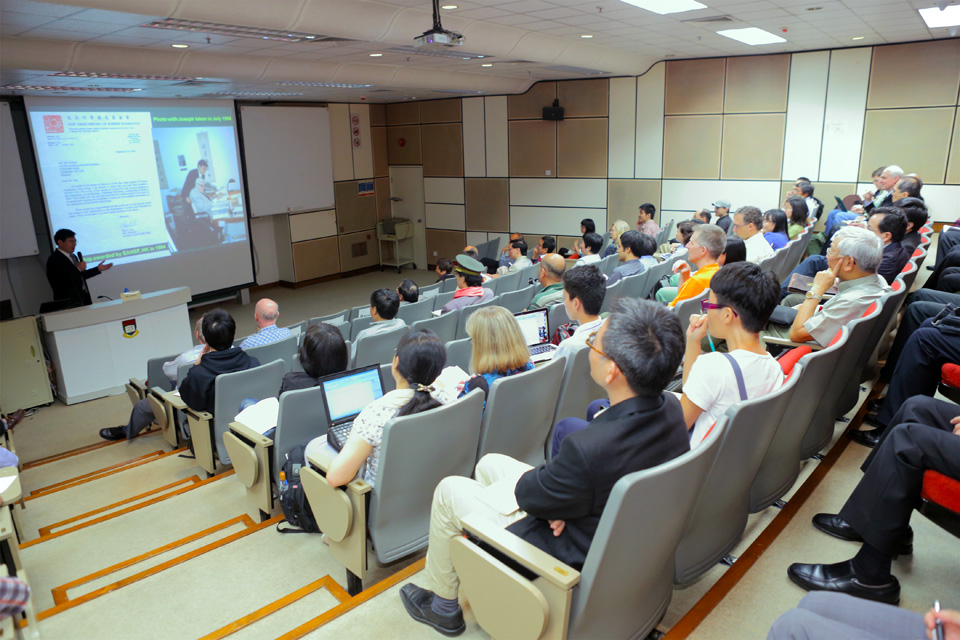
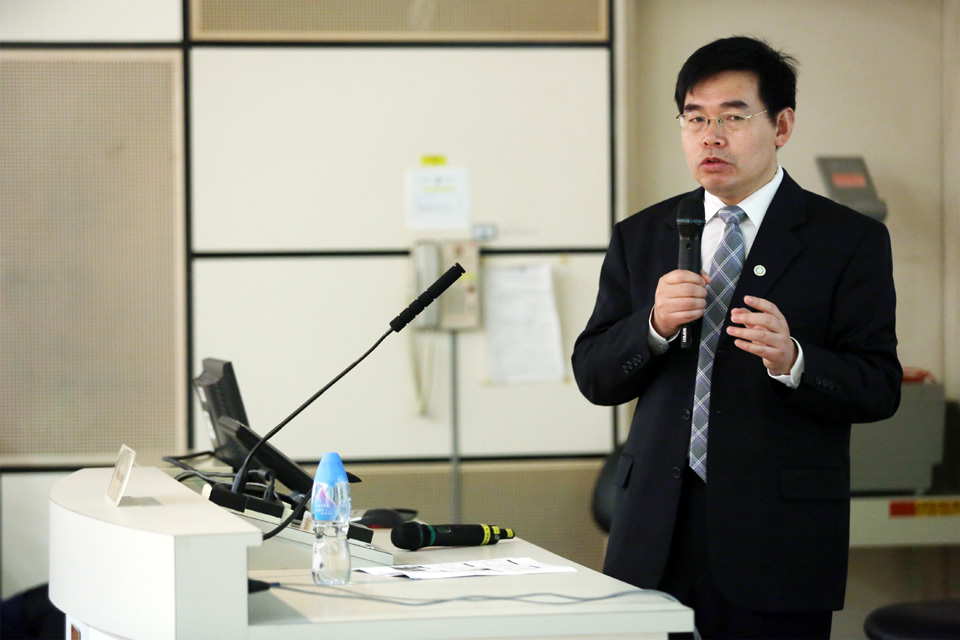
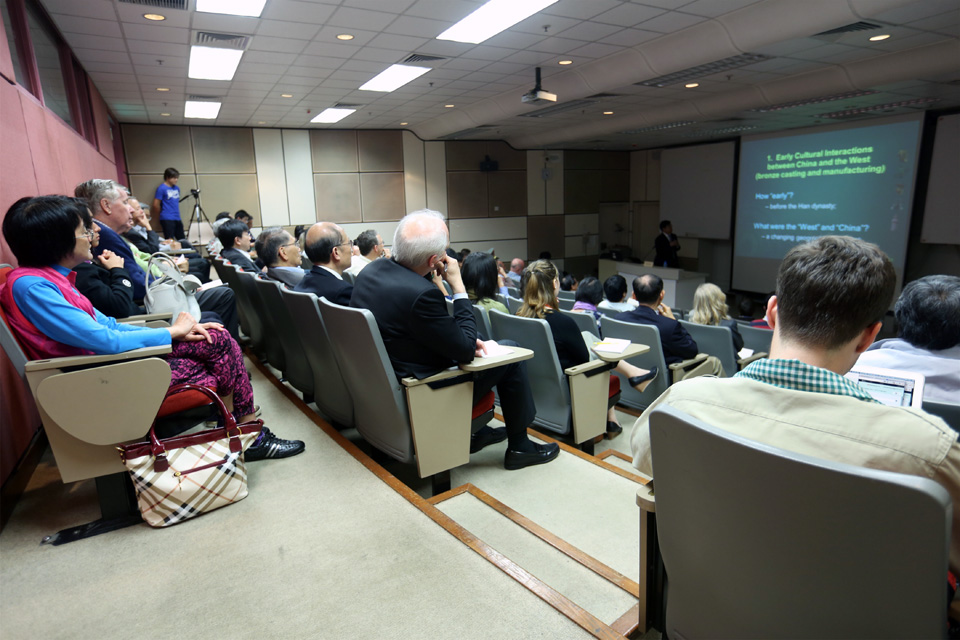
Copyright © 2025 Hong Kong Institute for the Humanities and Social Sciences, The University of Hong Kong. All Rights Reserved.